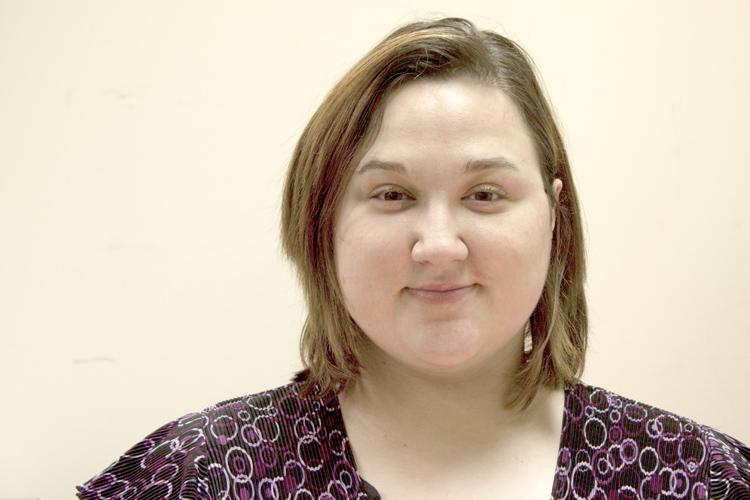Time and time again I’ve been given the same piece of advice: “you can’t compare yourself to anyone else.”
Parents, siblings, friends and teachers – everyone, it seems, believes whole-heartedly in this one simple adage. Why is it, then, that everywhere I turn, someone else is judging me for my worth, comparing me to my peers and watching me fall short?
It seems to me that everything in life is a competition of one sort or another – grad school applications, job interviews, even dating. If we can’t compare ourselves to other people, how come these “powers that be” can? Every time you apply for a job, you are being compared with all of the other candidates for the job. The best person gets the position and the rest get rejected. The same goes for college, grad school or any other program you apply to. If you don’t measure up, you don’t get in.
And how do you think we go about picking mates? We compare the people around us to each other and select the one we deem best (or the best that we think we can get, but that’s a different article all together).
How else can we make judgments about people and things without comparison? “She’s got the best figure. He’s the funniest. She’s taller than my ex.” And while we may not be doing it consciously, we are still doing it.
This subject, I feel, is especially pertinent to those of us who are looking to the future and have begun the tedious and often heartbreaking process of post-undergraduate applications. Whether you are applying to grad school, “real world jobs” or any other sort of program or fellowship, you know the feeling of having to condense yourself into a resume, a cover letter and essay or an interview. In many ways, it doesn’t seem fair that we are judged on so little, and it certainly doesn’t feel fair when we don’t make the grade.
Of course, just because someone else gets the job you interviewed for or you don’t get into your top choice schools does not mean that there is anything inherently wrong with you. The outcomes of these comparisons say nothing about a person’s total self-worth. But the simple fact of the matter is that we are judged everywhere we turn. We are compared to the people around us, the people before and the people that might come after us. And in some cases, we don’t measure up, and when that happens, it sucks.
In a perfect world, no one would be critiqued or scrutinized. No one would be rejected or meant to feel inferior. But, as I’m sure you all know, this is not a perfect world. We must keep on putting ourselves into neat little packages, which we offer up to those above us to judge. We play the game of “Pick me! Pick me!”
I have often wondered why I continue to do this, to put myself in situations where I am bound to come up short in a comparison. But then I remember that I do it because I must; that is simply the way life is.
Rebekah Locke can be reached at [email protected]







